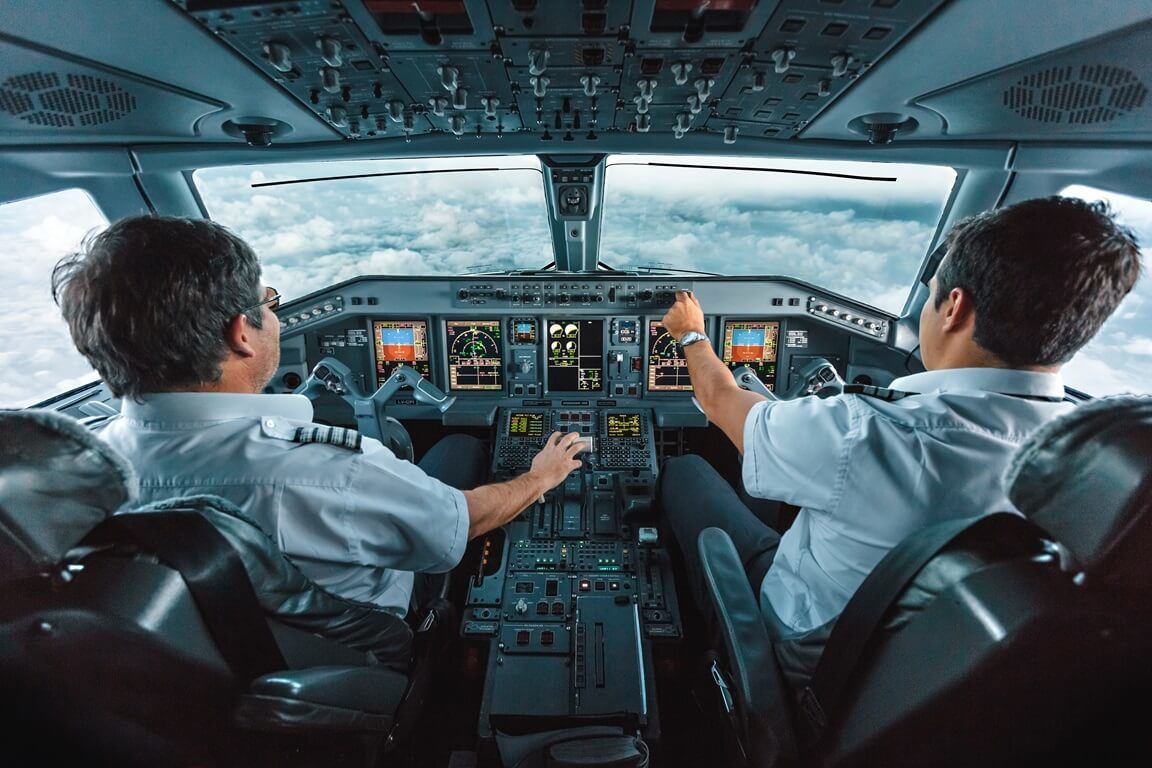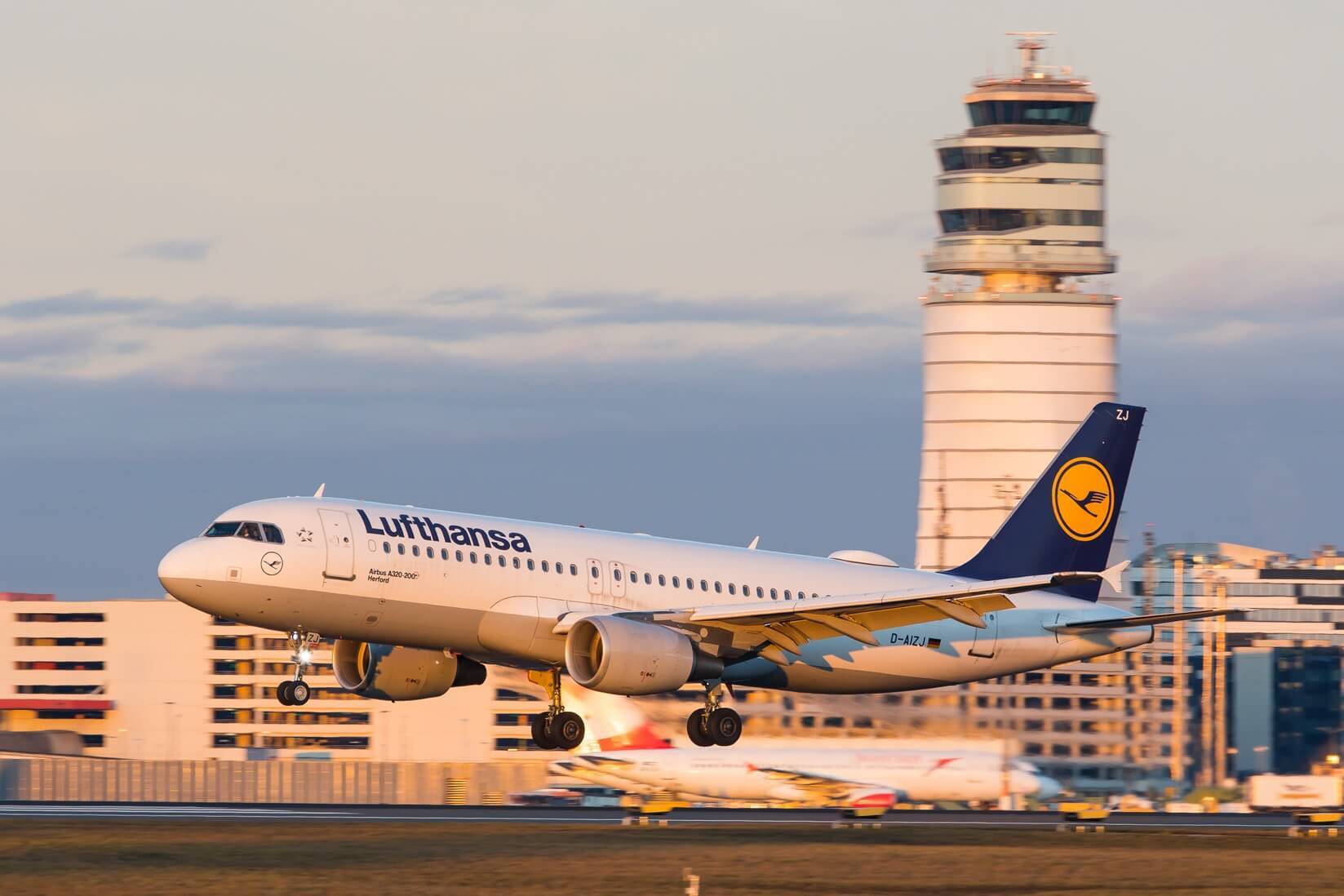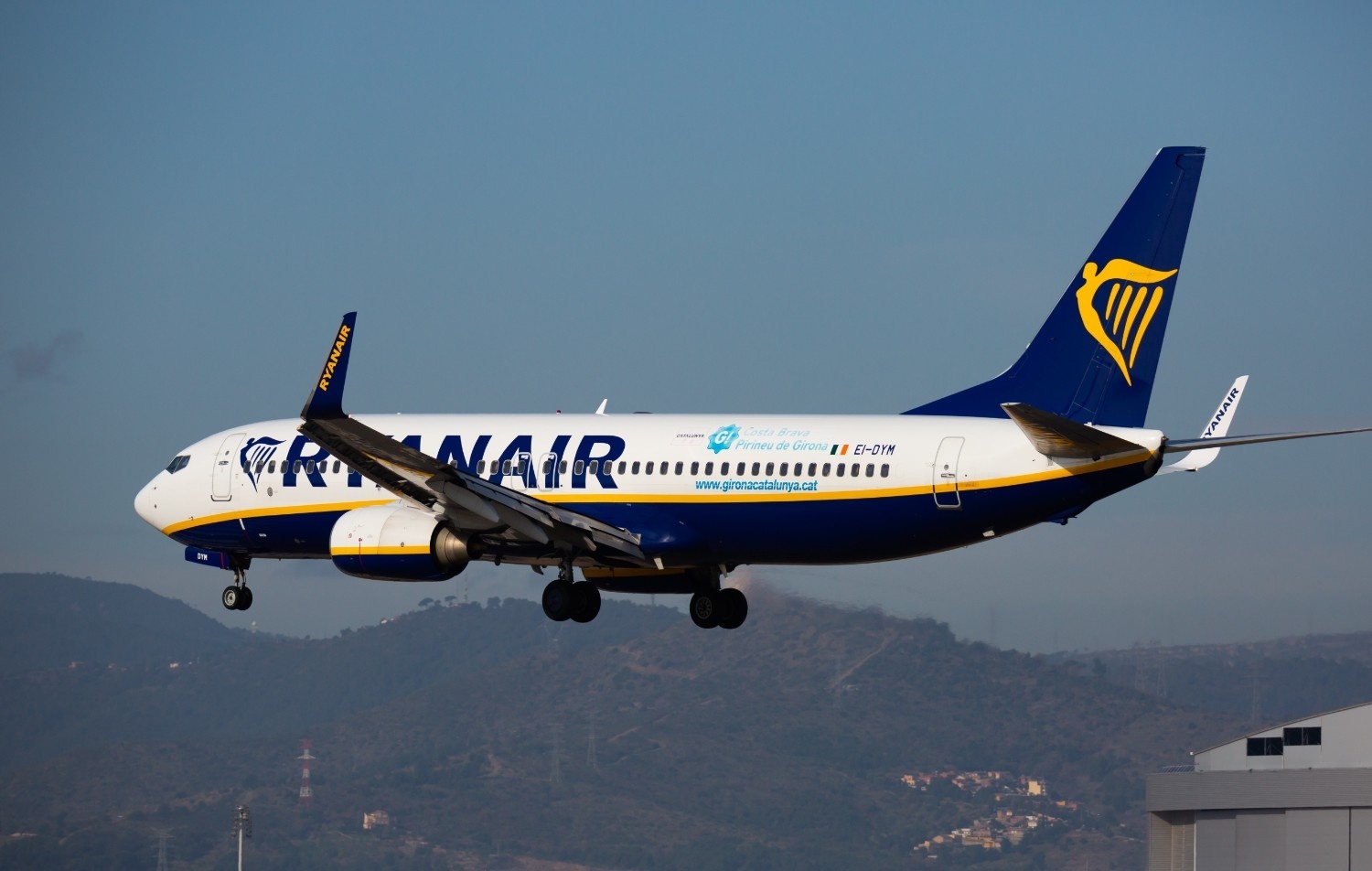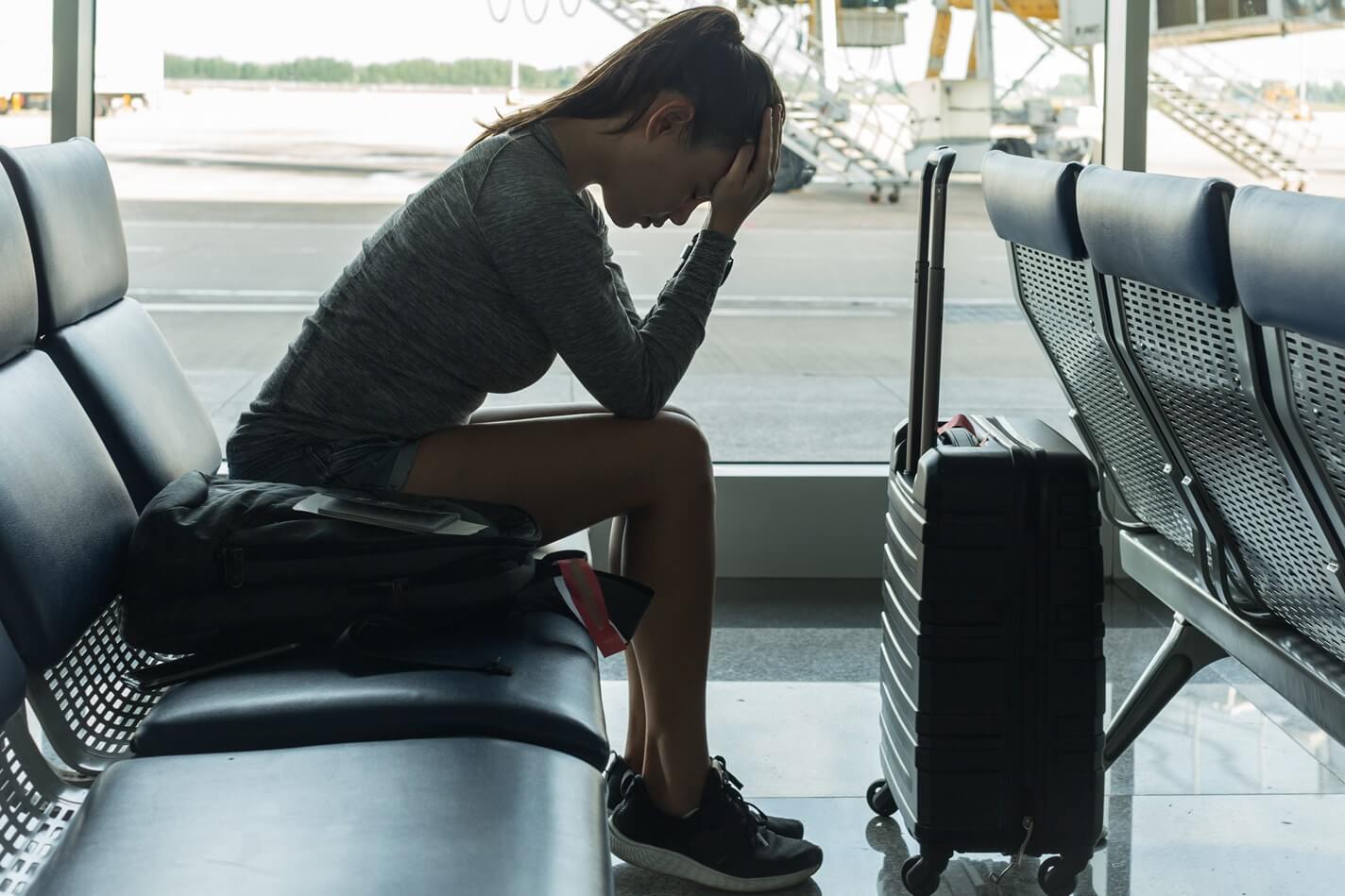Sleeping Indonesian pilots: A wake-up call for airline safety

In a recent revelation, an investigation has uncovered a concerning incident involving two Indonesian pilots who fell asleep mid-flight, leaving the aircraft unattended for nearly 30 minutes. The Batik Air flight, en route from South East Sulawesi to Jakarta on January 25th, experienced a lapse in vigilance as both the pilot and co-pilot dozed off simultaneously, according to a preliminary report by the National Transportation Safety Committee (KNKT).
Navigational errors and unharmed passengers
During the approximately 28 minutes of unintended slumber, the Airbus A320 encountered a series of navigation errors. Despite this unsettling episode, the 153 passengers and four flight attendants aboard the aircraft remained unharmed throughout the two-hour and 35-minute flight duration.
Reprimands and calls for vigilance
The Indonesian transport ministry has responded sternly, issuing a strong reprimand to Batik Air over the incident. Maria Kristi Endah Murni, the air transport director general, emphasized the need for airlines to prioritize their aircrew's rest time, signaling the critical role of fatigue management in ensuring flight safety. Urgent investigations and reviews of night flight operations across Indonesia have been called for to address such risks effectively.
Safety assurances and consequences
In response to the incident, Batik Air affirmed its commitment to safety, citing its adherence to adequate rest policies and pledging to implement all safety recommendations. However, the pilots involved have faced temporary suspensions pending further inquiries. The KNKT report highlighted that one of the pilots had not received sufficient rest the night before the flight, raising concerns about pre-flight preparation and fatigue management protocols.
Approximately 90 minutes after takeoff, the captain requested permission from the co-pilot to rest briefly, a request that was granted. However, both pilots inadvertently succumbed to sleep, leaving the aircraft momentarily unmanned. The report revealed that the co-pilot, who had one-month-old twin babies, was likely affected by fatigue due to family responsibilities.
The gravity of the situation became apparent when the air control center in Jakarta attempted to establish contact with the aircraft, receiving no response. It was only 28 minutes later that the pilot regained consciousness, realizing the lapse and swiftly correcting the flight path. The incident underscores the vital importance of maintaining vigilance and ensuring adequate rest among flight crews, especially during critical phases of flight.
Lessons learned and safety measures
While the pilots involved remain unidentified, KNKT has urged Batik Air to implement regular cockpit checks and prioritize the well-being of both pilots and cabin crew before flights. These measures aim to mitigate the risks associated with fatigue-related incidents and enhance overall flight safety standards.
In conclusion, the incident serves as a poignant reminder of the indispensable role of alertness and preparedness in aviation safety. As the aviation industry continues to evolve, robust fatigue management strategies and stringent safety protocols must remain paramount to uphold the trust and confidence of passengers worldwide.
Latest posts
Flight delays and cancellations in July 2025
Check which flights were delayed in July 2025 – you may still be entitled to claim up to 600 € in compensation.
Flight cancellations and delays in March 2024
Check which flights were delayed in March 2024 – you may still be entitled to claim up to 600 € in compensation.
Flight cancellations and delays in February 2024
Check which flights were delayed in February 2024 – you may still be entitled to claim up to 600 € in compensation.












